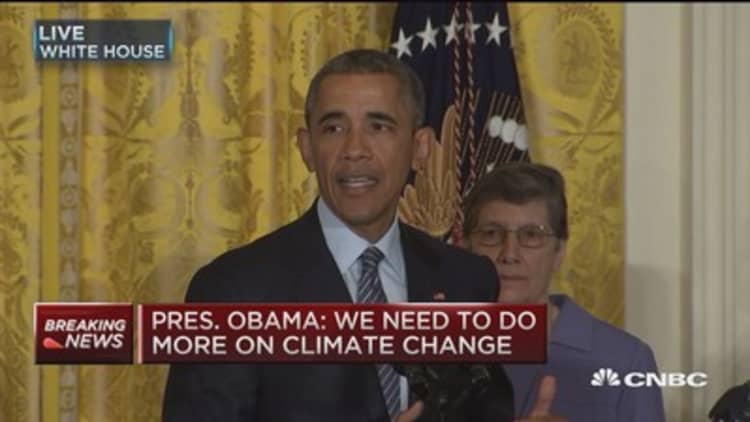
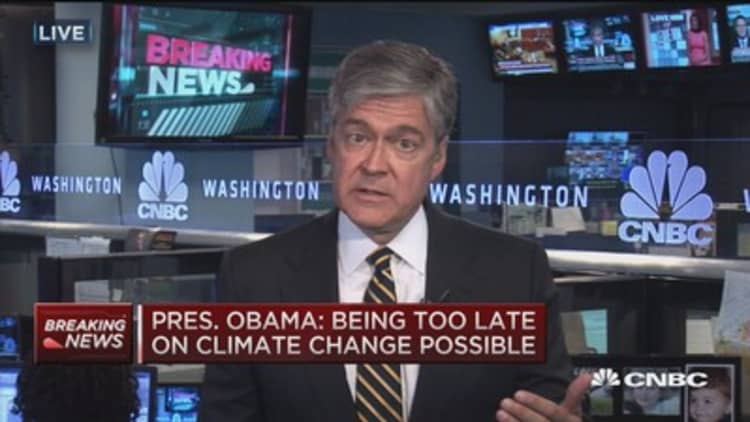
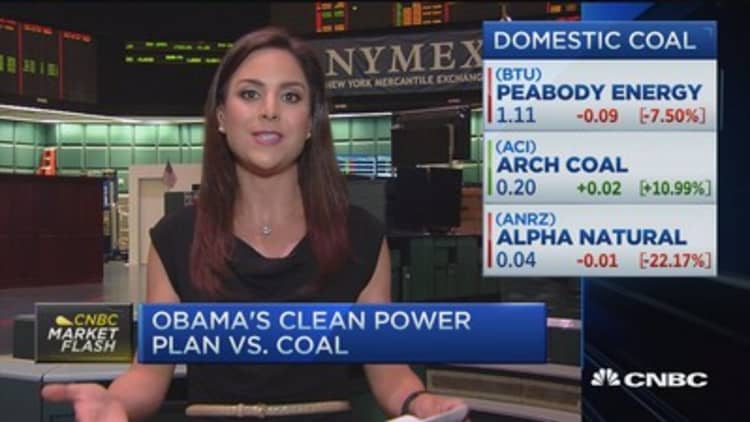
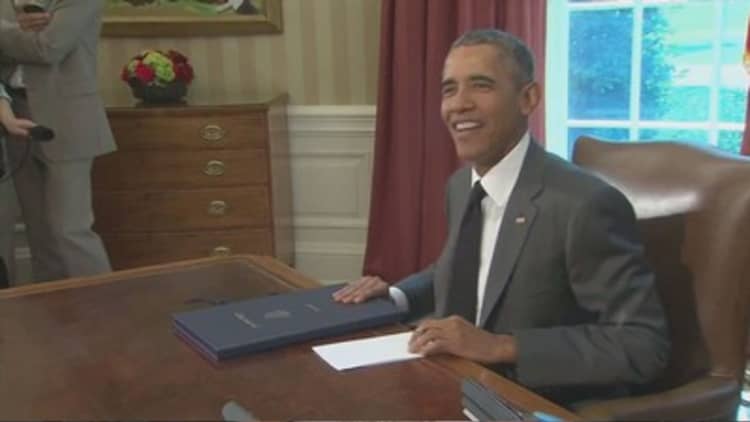
President Barack Obama unveiled his plan to tackle greenhouse gas emissions from coal-fired power plants on Monday, potentially kicking off a legal battle between regulators and coal industry supporters.
Calling the plan "the single most important step America has ever taken in the fight against global climate change," Obama emphasized that the regulation was about the present—not just the predictions of forward-looking models.
"Climate change is no longer just about the future we're predicting for our children or our grandchildren, it's about the reality that we're living with every day—right now," Obama said, adding that stronger storms, deeper droughts and more frequent floods are the results of the environmental shift.
"This is one of those rare issues—because of its magnitude, because of its scope—that if we don't get it right, we might not be able to reverse, and we may not be able to adapt sufficiently. There is such a thing as being too late when it comes to climate change," the president said, later adding that "we can solve this thing, but we have to get going."
The White House says the revised Clean Power Plan seeks to increase the required cuts in carbon emissions from the power sector, demanding they be slashed 32 percent from 2005 levels by 2030—up from the 30 percent requirement in the original draft regulation.
Obama said such a reduction means "we'll be keeping 870 million tons of carbon dioxide pollution out of our atmosphere."
Other changes in the final version delay implementation and eliminate certain options that states could use to show they're cutting emissions, making it harder to comply. The regulation will also push for a national shift toward renewable energy such as solar and wind, moving away from coal-fired power.
"Right now our power plants are the source of about a third of America's carbon pollution—that's more pollution than our cars, our airplanes and our homes contribute combined," the president said. "That pollution contributes to climate change, which degrades the air our kids breathe, but there have never been federal limits on the amount of carbon that power plants can dump into the air."
Read MoreNatural gas tops coal as top source of electricity in US
Obama argued that carbon air pollution is similar to chemical waste like mercury, arsenic, and sulfur that are already regulated—"and we're better off for it." He said that the unchecked carbon pollution "has to change."
Consequently, industry groups and some lawmakers from states that have relied on coal-based energy have vowed to challenge the new requirements in the courts and through Congressional maneuvers, accusing the administration of a regulatory assault that will drive up energy prices.
Other industries also spoke out against the regulation: Thomas J. Gibson, president and CEO of the American Iron and Steel Institute, said in a release that the rule "puts the affordability and reliability of electricity for steel producers at serious risk," and could "impede economic growth" for the industry.
Implicitly challenging the economic argument, Obama touted the fact that the American economy grew over the past decade at the same time that the country cut its carbon pollution more than any other nation. "If we want to protect our economy, and our security, and our children's health, we're going to have to do more—the science tells us we have to do more," he said.
"Let's be clear, there will be critics of what we're trying to do. There will be cynics that say it cannot be done. Long before the details of this Clean Power Plan were even decided, the special interests and their allies in Congress were already mobilizing to oppose it with everything they've got," Obama said.
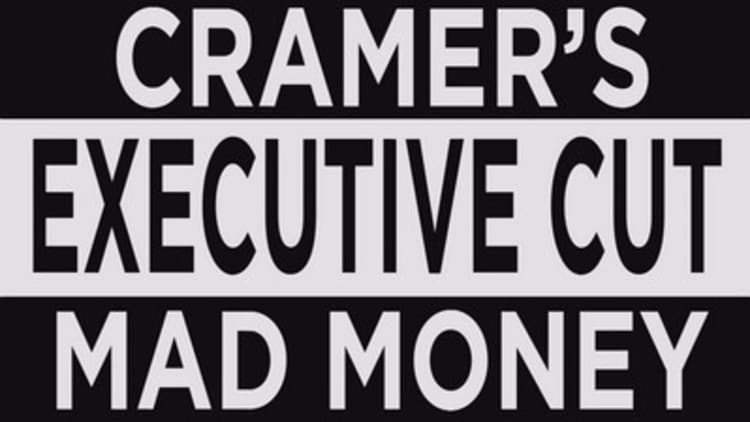
"They will claim that this plan will cost you money—even though this plan, the analysis shows, will ultimately save the average American nearly $85 a year on their energy bills," he added, also attacking complaints about money wasted on clean energy, lost jobs, a "war on coal," and suggestions that the regulation would hurt minorities.
"If you care about low-income minority communities, start protecting the air that they breathe and stop trying to rob them of their healthcare," the president said.
In a Monday afternoon release, House Speaker John Boehner decried Obama's plan as "an expensive, arrogant insult to Americans who are struggling to make ends meet."
The speaker said the regulation would destroy jobs, discourage economic growth and cause energy bills to "skyrocket," promising to continue work to stop "this national energy tax."
Obama stressed, however, that criticisms of his plan were largely taking a defeatist outlook.
"The kinds of criticisms that you're going to hear a simply excuses for inaction—they're not even good business sense, they underestimate American business and American ingenuity," he said. "We can figure this stuff out, as long as we're not lazy about it, as long as we don't take the path of least resistance."
Read More Op-ed: There's a new war brewing in America
For its part, the White House has cast the proposed regulation as both an economic issue and a health issue.
"America should be a place where every child can walk, run and play outside without having to worry that the air they're breathing could make them sick," U.S. Surgeon General Vivek Murthy said Monday. "It will only be this for us and our children if we work together to protect the planet on whose basis our health depends."
Obama said the plan will give states flexibility for assembling a plan of how to reduce emissions, and the government will reward states that take action soon "because time is not on our side here."
If implemented, coal's share of electric generation in the U.S. will reportedly fall to 27 percent by 2030, from about 39 percent in 2014.
—Reuters and the Associated Press contributed to this report.


